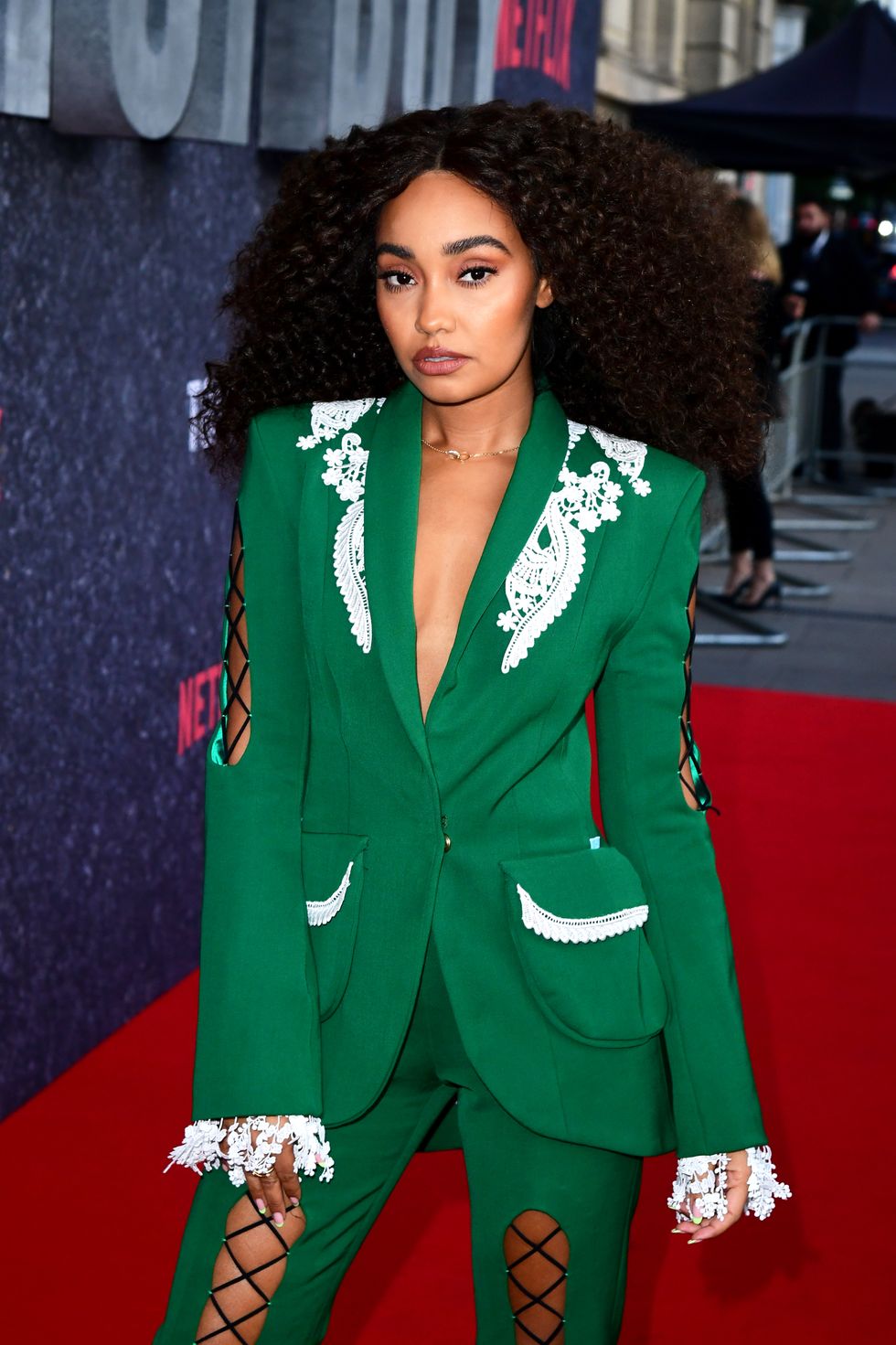UK music industry is 'rooted' in systemic racism, reveals survey

Leigh-Anne Pinnock who has said she used to feel "scared" to speak out about racism.
Ian West

The UK music industry is blighted by systemic racism, with black women particularly affected, a survey has suggested.
The Black Lives In Music Survey, said by organisers to be the largest ever focused on the experiences of black musicians and industry professionals, took place this year.
It was released on Wednesday and suggested the mental health of black women and the disabled was significantly affected by systemic racism in the industry.
Most of the 1,718 performers, creatives and industry staff surveyed had experienced direct or indirect racism, including fighting assumptions about what kind of music they should make.
It suggested 63% of black music creators had experienced direct or indirect racism, while 88% of all black music professionals agreed there are barriers to progression.
Some 71% of respondents said they had experienced racial microaggressions.
Black women often feel pressure to change their appearance and fear they will not be able to earn as much as their white counterparts, according to those surveyed.
And black women suffered a disproportionate disparity in earnings compared to the rest of the industry, the survey said.
Some 35% of all black music creators have felt the need to change their appearance because of their race or ethnicity, rising to 43% of black women.
The findings come after multiple A-list music stars including Alexandra Burke, Leigh-Anne Pinnock and Beverley Knight told of their experiences with racism.
Alexandra Burke has said she was told by her former management team to "smile more" when she joined Strictly Come Dancing in 2017
Matt Crossick
The survey included anonymous quotes from those quizzed, with examples of inappropriate comments about skin colour and national origin.
One of the industry figures spoken to said: “We can never seem to get through the door, and we are often overlooked at every turn – and if you have kids, it’s even worse.
“The music industry makes it harder for black women overall, but especially for dark-skinned women who are just as beautiful, radiant, talented, intelligent, driven and credible as the next person!
“But when we bring these facts to the table, we are often labelled too outspoken, forthright, feisty, aggressive, angry, bitter, argumentative, sensitive, ungrateful and or that we have an inferiority-complex when the truth is we are natural-born leaders who shouldn’t have to dumb ourselves down to appease others.”
One black male singer said producers at a radio station told him they were not interested in black male artists because they were linked to rappers, who had a bad press.
Another recalled being told they were “too dark, too young, too slim for a black singer, too old” and “your music is too good for a British black singer”.
The Black Lives in Music Report is Live!!!
— BlackLivesinMusic (@BLKLivesinMusic) October 13, 2021
We are excited to announce our long-awaited report ‘Being Black in the UK Music Industry pt.1' is now available. Nearly 2000 respondents took part in our groundbreaking survey.
Read the findings now at https://t.co/PAg7YoBkBV pic.twitter.com/j5esPNiTYO
Chief executive of Black Lives In Music, Charisse Beaumont, said: “This is a first-of-its-kind report which holds a mirror up to the UK music industry, showing what it actually looks like. The disparities black creators and industry professionals are faced with is rooted in traditionalism and systemic racism.
“The report highlights racist culture and behaviours in the workplace, financial barriers and lack of investment in black music creators, and industry professionals unable to reach their career goals.
“The report also spotlights black women being the most disadvantaged across all areas of the music industry and how all of these factors affect the mental health of black creators and industry professionals. This is data, you cannot ignore it.”